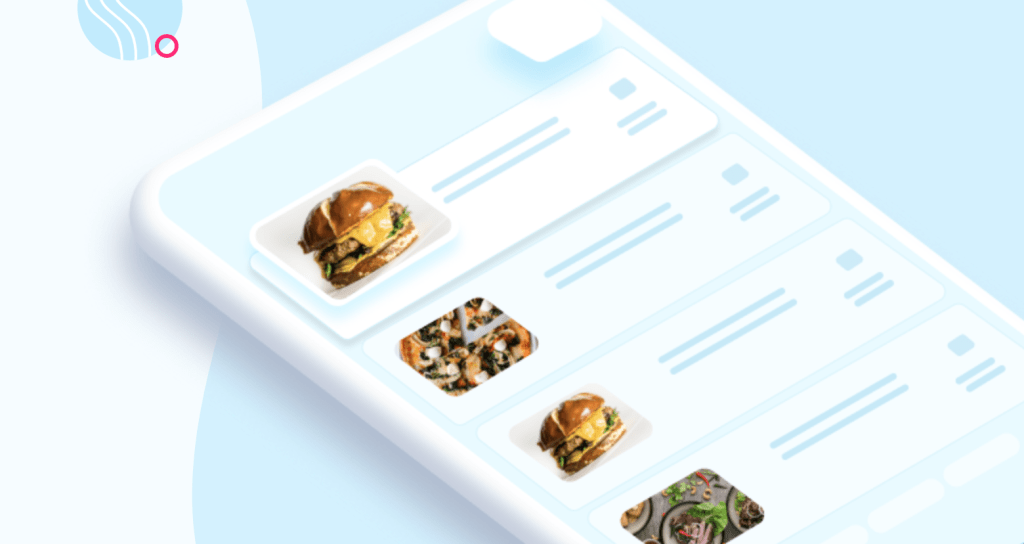In a given week, Harvard-trained physician Robert Graham normally sees about twenty patients at his New York based medical practice where he combines traditional medical approaches with the rapidly emerging area of food-as-medicine.
But that all changed this past week as his town of New York City came to grips with the reality of COVID-19 and the CDC advised everyone to practice stay at home as a way to slow the pandemic.
To deal with the new reality, Graham sprung into action and started to implement a telehealth system that would allow him to continue his patient visits in an era of social distancing. He began to use a platform called Clocktree, a telemedicine platform with Zoom-like video conferencing capabilities. He also started requesting his patients use wearables like the Apple Watch to allow him to access their heart rate.
Graham started utilizing this new approach this past weekend and so far, he’s making it work.
“I did seven visits this weekend and have transitioned all appointments to virtual calls,” said Graham. ” I have closed my office till April 1st and transitioned all patients to this platform.”
I asked Graham if all of his patients were on board with using telehealth and he told me most have agreed, but not all.
“So far, about 70% have agreed, 10% rather just jump on call, 20% want to wait and reschedule for an in person visit.”
Telehealth has certainly gotten lots of attention in recent days as a way to expand the reach of over-taxed front-line medical experts to diagnose and treat COVID-19 patients, but it’s clear it’s also becoming a valuable tool for also family practitioners and specialists like Graham to connect with patients during extraordinary times.
I asked Dr Graham if he’s had to make any significant changes to the way he provides care as he transitions, at least temporarily, to telehealth?
“Yes, I had to clean my house,” he joked.






















